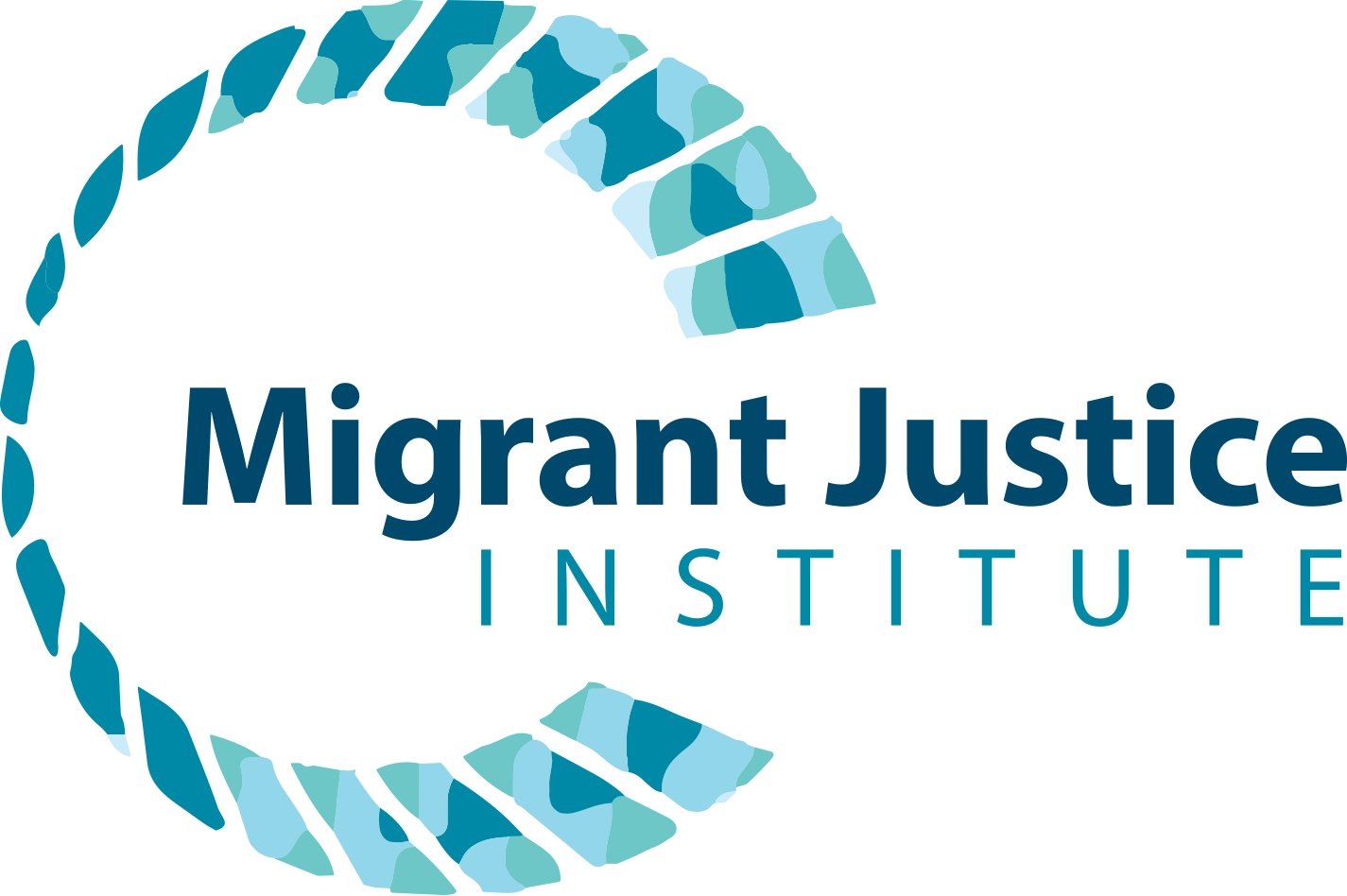LIVING PRECARIOUSLY: UNDERSTANDING INTERNATIONAL STUDENTS’ HOUSING EXPERIENCES IN AUSTRALIA
The Living Precariously report reveals that international students are encountering a minefield of deceptive and exploitative conduct by landlords in Australian housing markets, especially in unregulated share houses where most live.
Key findings include:
Share houses were by far the most common first accommodation for international students (36%).
More than half of international students reported deceptive or illegal conduct by landlords or poor living conditions in their first share house.
Most international students found their share house through unregulated online platforms including Gumtree and Flatmates.com.au (51%). These students reported the highest rates of deception, overcharging, excessive demands for money upfront and poor living conditions.
Poor conditions and exploitative and deceptive conduct were not limited to a certain subset of international students: they were similarly reported by students at universities, vocational colleges and English-language colleges, as well as by men and women of various nationalities.
The report recommends government and universities provide improved housing services to empower international students, and that government strengthen regulation, investigation and enforcement to hold landlords to account and break cycles of impunity.
ABOUT THE SURVEY
The Information for Impact Survey is the most comprehensive study of housing and working conditions among international students in New South Wales, and across Australia. It was conducted in 2019, and yielded 5,064 valid responses.
The survey asked participants about their housing conditions in their first accommodation in Australia, their wage rates and other exploitation in their lowest paid job in Australia, as well as a range of questions about services and information that would empower international students to avoid or address poor conditions. The survey’s findings are intended to improve the effectiveness of services and information provided by education providers, government and other stakeholders.



